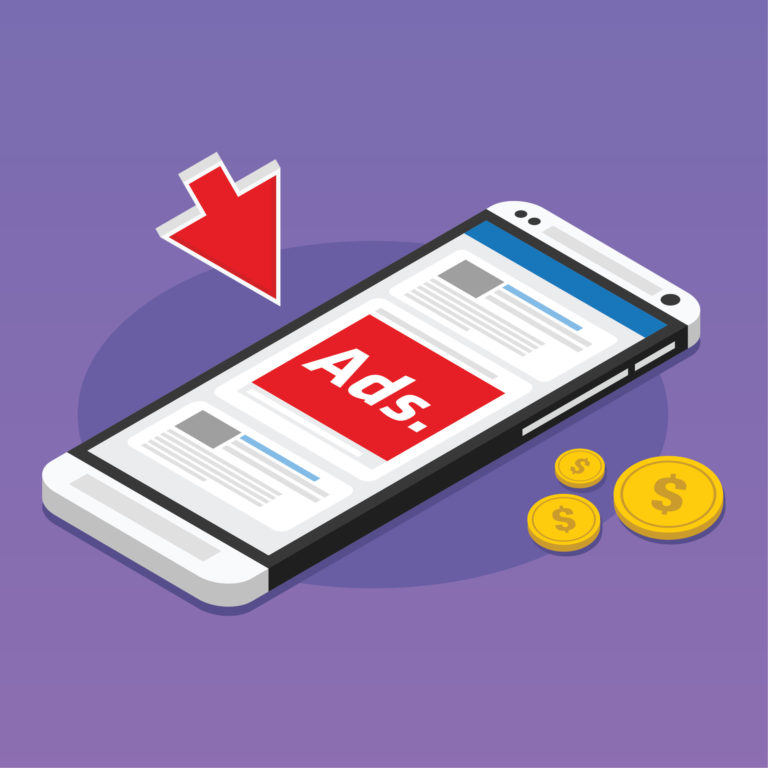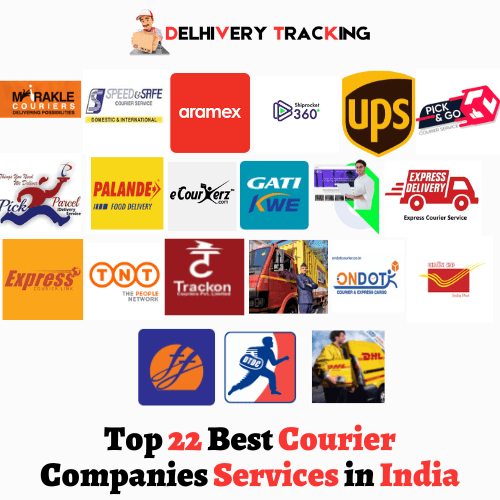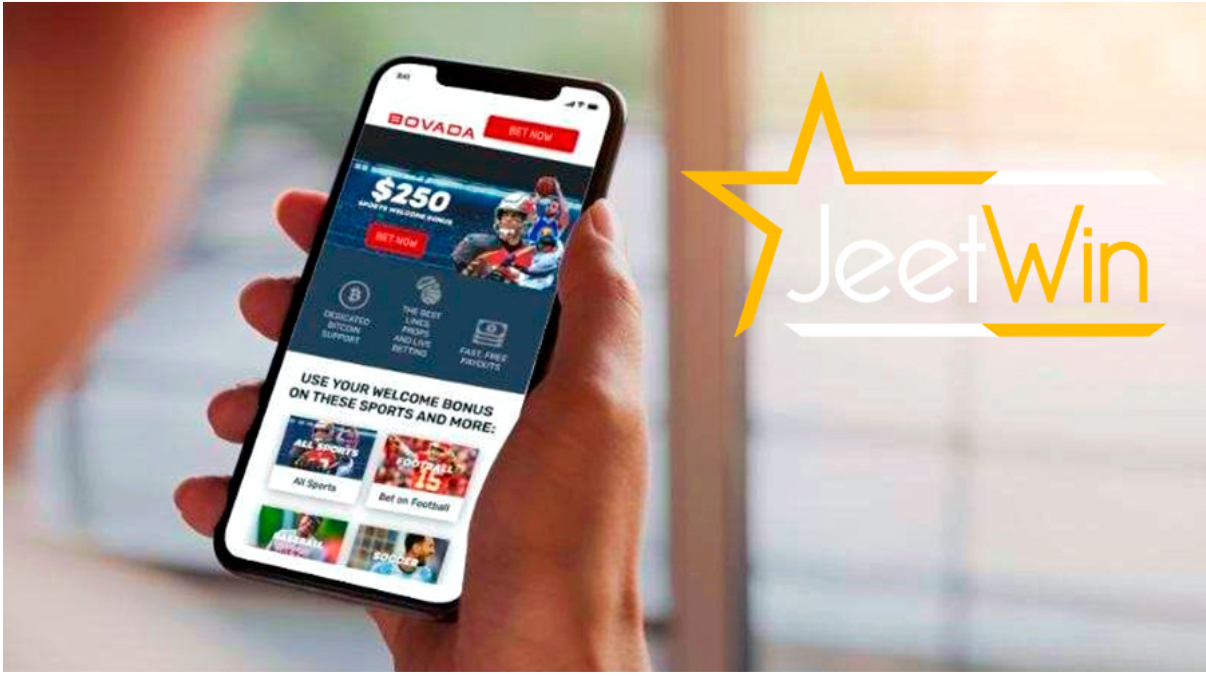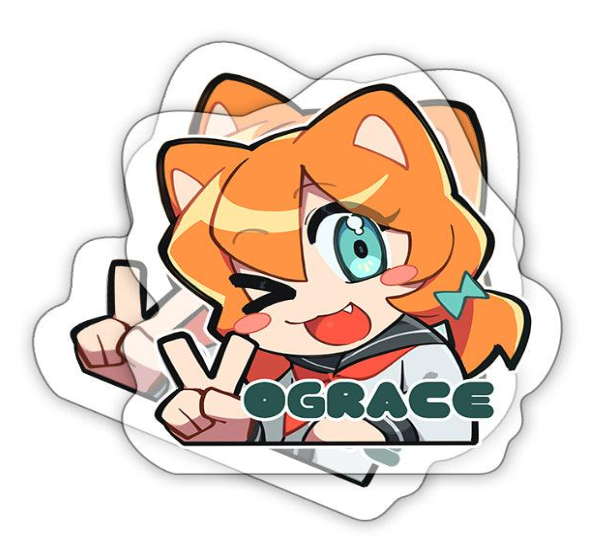
Mobile media channels are ways businesses use to reach mobile audiences with their products and services, including SMS text messaging, downloaded apps with push notifications enabled, social media marketing, website promotion, and QR codes. Mobile media channel is one of many types of media channels.
Hiring an experienced mobile media agency is key to meeting advertising goals. Look for agencies with proven records and third-party rankings as these can provide invaluable assistance.
Location-Based Targeting
Under mobile marketing’s location-based mobile marketing, marketers can send customized ads based on customers’ proximity to a certain location. This can be accomplished using geotargeting – which uses IP addresses to determine where devices are – or geofencing, which creates a virtual perimeter around a specific area that triggers messages when devices enter or leave that zone.
By targeting consumers through location-based marketing, brands can encourage them to visit their stores and restaurants while also strengthening loyalty among existing customers. Indeed, 89 percent of mobile marketers cited increased sales as one of the primary benefits associated with location-based advertising. You can also try ai marketing solutions.
An agency engaged in this type of marketing should take great care in not violating consumer privacy, or risk harming its brand image and trust with consumers. Ad placement can have an enormous effect on the effectiveness of campaigns.
Programmatic Advertising
Programmatic advertising is a media buying strategy using algorithms to automate the placement, auction, and sale of digital ads impressions in real-time (commonly referred to as real-time bidding (RTB).
Programmatic in-app advertising is the ultimate weapon for marketers to leverage mobile technology effectively in a mobile environment. Driven by data, programmatic ads have proven highly successful at driving performance while remaining cost-effective for advertisers.
Your campaign management platform should also be able to use real-time optimization, adapt to changing market conditions, and respond instantly with changes, to ensure your message reaches its intended recipient in an engaging environment. Your platform should leverage different ad formats – video and native ads are particularly effective for mobile and can provide immersive and engaging experiences; targeting those interested in specific topics (sports or shows), can help achieve your business goals more effectively.
Text Messaging
Mobile messaging can be an extremely effective and affordable way of engaging customers and prospects. Text messaging offers highly trackable campaigns that increase customer engagement by 11-30%; to get started using SMS marketing you’ll require a tracking platform, your customer’s phone number, as well as express written permission from them to send marketing messages.
Content reigns supreme in mobile, but context reigns supreme. Without being relevant to its intended target audience, creativity will quickly be disregarded – for instance, a luxury handbag advertisement should not appear on a fashion blog, nor should feminine hygiene products appear within men’s grooming apps. Visuals like infographics or charts will help your message cut through the noise and reach its desired target. Video ads also build trust while engaging consumers directly with your brand.
Social Media
Successful mobile marketing campaigns rely on social media, including platforms such as Facebook, Twitter, and Instagram; Snapchat; YouTube as well as QR codes that direct users directly to a business’s website or other important information.
Mobile phone media is an exciting form of media with many unique capabilities not found elsewhere, such as its capacity for personalization and humanity through interpersonal, group, and organization dissemination – qualities not available through traditional mass media such as newspapers, TV, or broadcasting.
Internet-based marketing media or data driven content marketing are highly portable, enabling users to use it anywhere without being tied down by traditional television and radio programming, which only work when tuned in. Finally, interactive digital strategies offer many advantages over traditional marketing approaches by receiving instantaneous customer feedback in real-time – giving businesses a competitive advantage over competitors who rely solely on static methods of attracting customers.















Leave a Reply